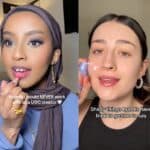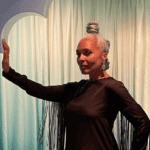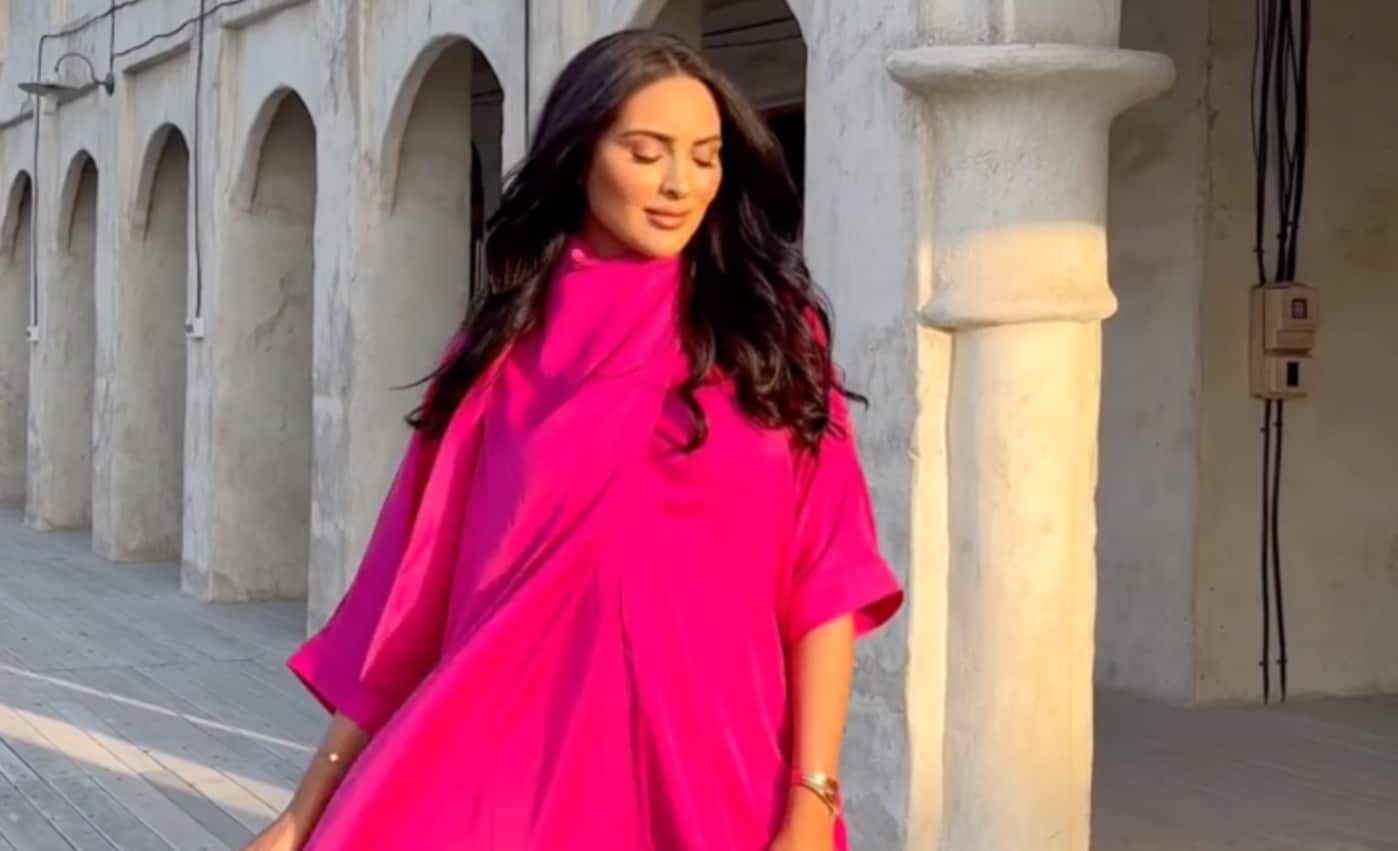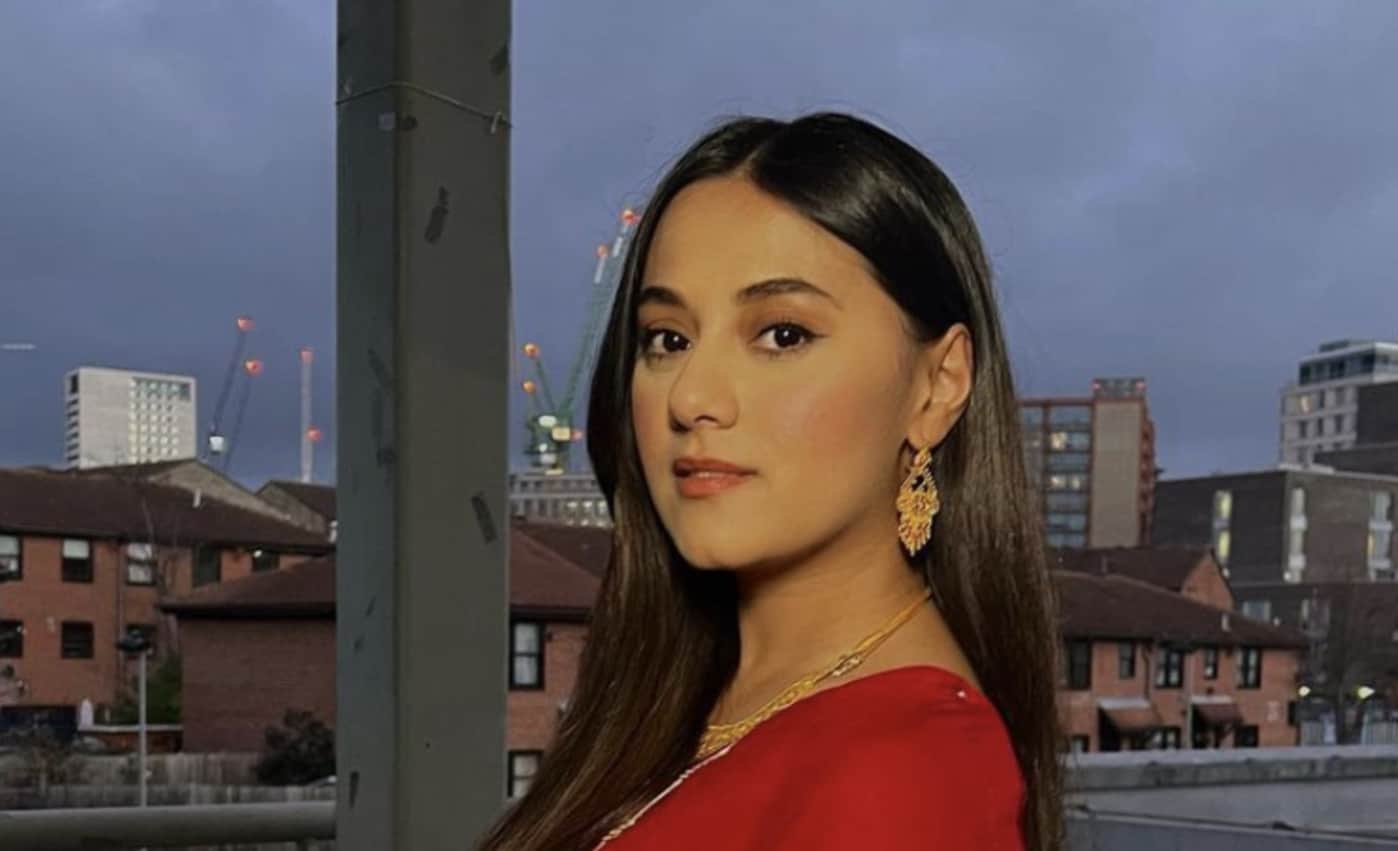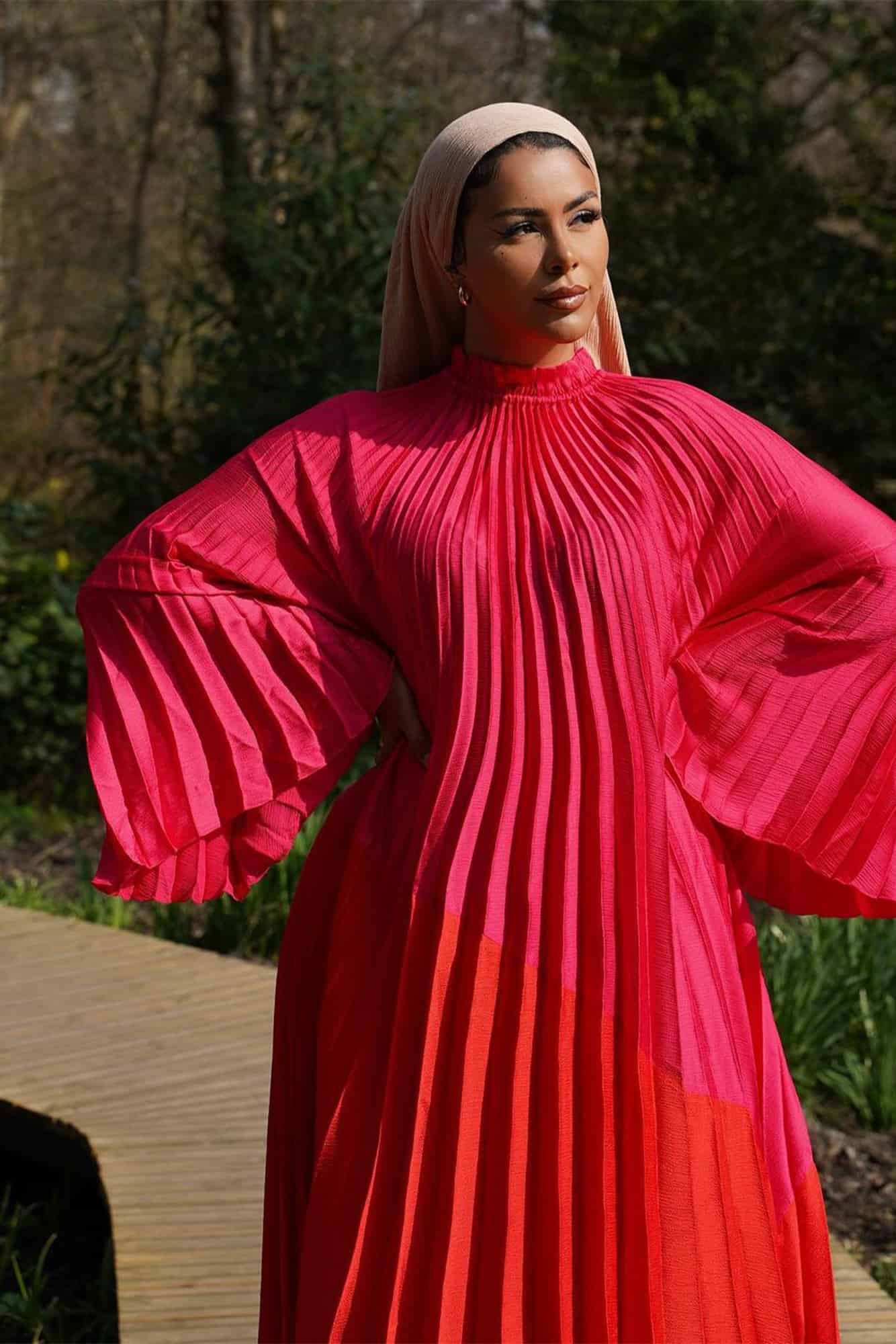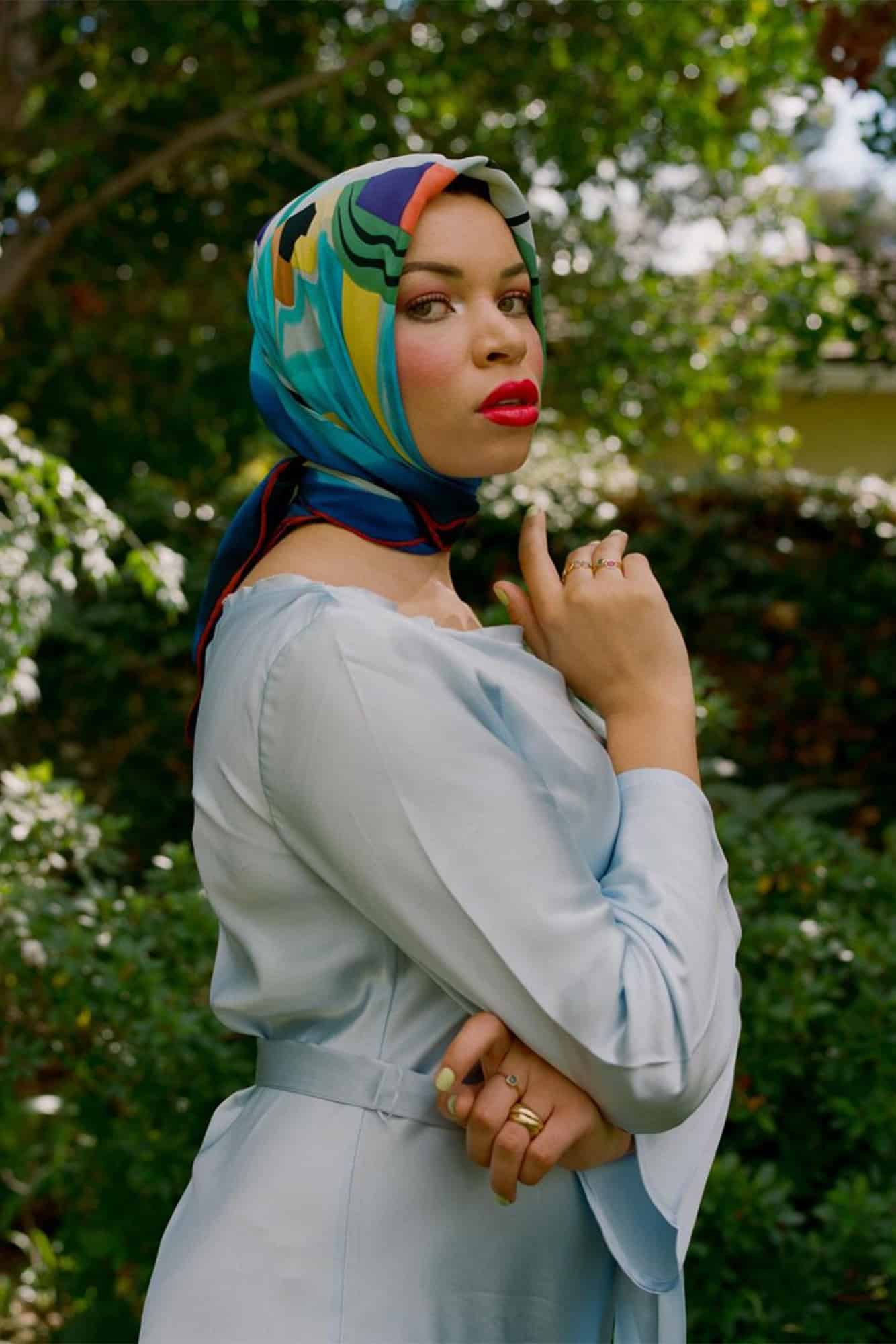When Ogilvy produced research in 2019 that showed UK Muslims spent an estimated £200 million on goods in one month of Ramadan alone, it made headlines across the board. One person this was not news to was Dina Basharahil, co-founder of Muslim Millennial talent agency Modest Visions. Since her first career years as a PR graduate to now, Basharahil has been representing and advocating for her community, troubled by the lack of representation, and – with her business brain on – astounded by the commercial own goal. She has hustled, banged on doors, created game-changing campaigns and mentored Muslim talent, and all with a beautiful dignity. Basharahil radiates a kind of calm which belies her multiple roles as female founder, mentor, industry educator and parent of two, as she fluently describes her passion and her purpose: to connect brands with Muslim creators and shine a spotlight on the community and the talent within.
To achieve this, Basharahil has had to be “everywhere and anywhere”. Basharahil’s story begins with beauty – she had worked in PR across multiple industries from travel to fintech, but it was the beauty industry that captured her imagination. She says: “I’ve always loved the beauty side, and I think that’s because I genuinely love beauty products. I am the avid spender. I am the person that brands would want to target.” What Basharahil couldn’t understand was why brands didn’t target her. Not only that but after ten years of “working across different industries, different agencies, different brands, I always felt like I was the voice of minorities. I was the voice of every minority and I would have to give my opinion on how to work with people from different communities.”
She felt deflated and frustrated and as a Muslim woman wearing the hijab: “I knew I stuck out like a sore thumb. I knew that I was an anomaly within the industry that I loved so much. But I wasn’t going to let that dissuade me.”
You may also like
Instead, in 2018/2019, she bet on herself and founded her agency to help bridge the gap between brand and Muslim creator. She adds: “Being the voice of all the ethnic minorities in the UK became tiresome. But the blueprint of Modest Visions was I love helping people. I have a genuine desire to help people. And I knew that if I wanted to do something that really honed in on who I am, what better way than honing in on who I am for my own community, in being the advocate that they needed in this space.”
Building client relationships
Her strategy was simple. First, show influencers that she could help them grow. She worked with an influencer friend, Fatimah O Al-Amawi, and through curated content, through the relationships that Basharahil had in the industry, her following grew exponentially. “It was such a sense of satisfaction to say ‘okay, this theory actually works’.”
Then she started speaking to brands about seeding relationships, because, as she tells CORQ, the biggest barrier for minority communities is that brands don’t know they are there. In 2019 she began knocking on doors, and she adds ruefully: “To be honest, we’re still knocking.” Initially, “it was very difficult because brands were so stuck into a linear way of thinking. They were stuck into doing the same things that they were doing again and again. And it was very hard to really help them navigate and see why it’s important to tap into different consumer groups.”
However, thanks to those industry contacts, people began to trust her with their product. Basharahil went in saying “hi, we’re Modest Visions, we’re a Muslim talent agency, can we request product for seeding?” and found that eight out of ten companies would send product to her talent.
Once the product was sent out, Basharahil would put on her producer hat: “I would then have sessions with the girls saying ‘this is the type of content that you need to film’.” Her goal was to elevate her talent’s offering so she could prove they had a fan base, that they could create branded content for an audience that would trust their recommendations, but also make content that connected their audiences with these brands in an organic way.
She told her talent: “The love that you have for a brand will supersede anything else.” Once the relationships had been established, then she could start the conversation about partnerships and it felt like a natural progression. She says: “I think that’s what sets us apart from other agencies. We were just like, ‘we don’t want your money. We want the relationship’.”
Reflecting on how all-consuming this time was, Basharahil is philosophical: “We’re a boutique agency. We represent an underrepresented community that has never been really tapped into the way it should be, and we are all from minority backgrounds. I knew that I had to work twice, three times harder in order for us to get that traction.”
Now it’s 2023, and Basharahil lights up when she talks about the successes: “I think we’ve worked on just under 600 campaigns, all revolving around Muslim creators and tapping into the Muslim consumer space. We did the first ever multi-branded Ramadan and Eid campaign for Estée Lauder companies, across 13 of their brands. We cast the first hijab-wearing woman on a social campaign for ASOS & Levi’s. We cast the first hijab-wearing woman for the Nike SNKRS app in partnership with Air Jordan. We were one of the founding agencies with TikTok Shop and we hosted the first ever shoppable live with Charlotte Tilbury.”
Brands missing out key demographic
Brands, she says, look at what another brand is doing and think “we can do that”. And certainly, numbers like Ogilvy’s £200 million consumer spend during Ramadan have helped. She has brands coming directly now, but she says “we’ve never stopped pitching”.
I ask Basharahil how she tells the difference between a brand genuinely wanting to work with Muslim creators as opposed to it being just a performative, box-ticking diversity exercise and she is crystal clear. “This is a consumer group that have an exponentially high-income rate, who contribute immensely to the UK economy, but who also feel quite alienated, feel quite underrepresented when it comes into targeted ads.” When approaching partnerships, she examines the brand forensically and asks the questions: “Is there space for this community to grow with you? Are they across your social and digital landscape? When I look at the aesthetic of your page, do I fit into it? When I look at your social channels, do I see myself in it? We really try and delve deep into whether the brand really wants to understand the community in a meaningful way.”
We talk about Ramadan and that huge figure. She says: “It’s been a missed opportunity for years. We are told as part of our culture to go out and buy gifts for our loved ones. Go out, wear your best clothes. Is this not a walking ad opportunity for brands to be like ‘hey, you know we’ve got this community who are literally told to go out and buy new things?’ It’s a consumer moment.” However, she also believes that this shouldn’t be a one-time thing – in fact, she says, many Muslims do their Eid shopping during the Black Friday and Christmas shopping periods, finding the gift sets and deals that aren’t available during the Ramadan and Eid period. She says: “Just because Muslims don’t celebrate Christmas doesn’t mean that they won’t be as effective on Christmas campaigns.”
However, Bashaharil is clear that nothing in her remit is a one-trick pony. Modest Visions is about relationships, not just Ramadan. Under its umbrella the company is not just representing and growing its talent, who include Aysha Begum and Nashaat Bello, it is also building influencer marketing campaigns for brands, PR and brand strategy, and going into events and production. The agency is now based in London and Dubai, and Basharahil says: “We have also been very lucky enough to start working on global campaigns around the Gulf, and been able to bring brands from the West into this side of the world and I think that’s been incredibly exciting.”
For Basharahil, all that seeding, all those conversations, is literally paying off – she only started to pay herself properly last year. But despite the growth and the success, Basharahil also just relishes her role as a mentor – “I would have loved to have had somebody hold my hand throughout the early times of my career” – powering her creators and “giving them the blueprint to really help them as they grow”. Her relationship with brands is run on equally clear lines: “We will help tell your story to our community, in the most effective, the most real and the most organic way.” Dina Basharahil: Modest but powerful.
By Emilie McMeekan, CORQ features director. Picture credit: Modest Visions campaign with ASOS and Levi’s



